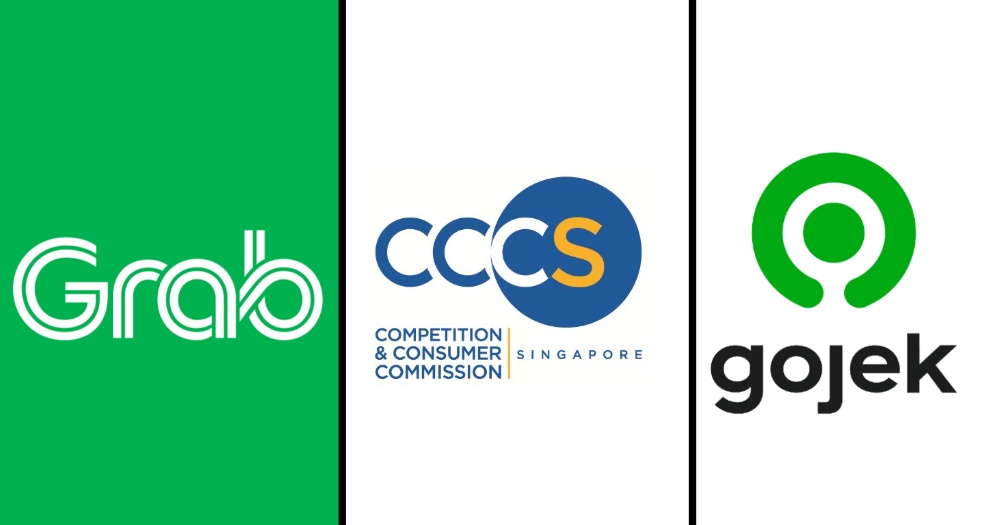The Competition and Consumer Commission of Singapore (CCCS) is aware of recent news reports about the possible merger of ride-hailing businesses Grab and Gojek, and it is looking into the matter.
A spokesperson from the CCCS also told Mothership:
"Under Singapore’s competition law, section 54 of the Competition Act (Cap. 50B) prohibits mergers that have resulted, or may be expected to result, in a substantial lessening of competition."
Background
It was recently reported that ride-hailing platforms Grab and Gojek have made "substantial progress" in working out a merger deal, which is looking to be what Bloomberg called the "biggest internet merger in Southeast Asia".
The information was provided by people with knowledge of the merger discussion.
It is apparently being discussed by senior leaders from Gojek and Grab, as well as SoftBank Group Corp., an investor in Grab.
While the talks might not result in anything concrete, it is said that if the merger does proceed, Grab co-founder Anthony Tan will become the new company's chief executive officer.
The merged entity will also run under the Gojek brand in Indonesia.
Bloomberg's sources said Grab and Gojek are ultimately hoping to merge with the aim of becoming a publicly-listed company.
Anti-competition concerns
This merger will draw scrutiny from regulators who will have concerns about anti-competition, considering that both parties hold large market shares in many of the countries they operate in.
When Grab and Uber merged in 2018, they were fined a combined S$13 million by the Competition and Consumer Commission of Singapore (CCCS).
The CCCS said that the Uber-Grab merger reduced competition and increased prices for consumers.
Then, CCCS ordered Grab to lessen the impact of the merger on drivers and riders, and to open up the market and level the playing field for new players via several measures, including:
- Allowing Grab drivers to use any ride-hailing platform concurrently.
- Removing Grab's exclusivity arrangements with any taxi fleet in Singapore.
- Maintaining Grab's pre-merger pricing algorithm and driver commission rates.
- Requiring Uber to sell the vehicles from its rental company to any potential competitor who made a reasonable offer.
If you like what you read, follow us on Facebook, Instagram, Twitter and Telegram to get the latest updates.

